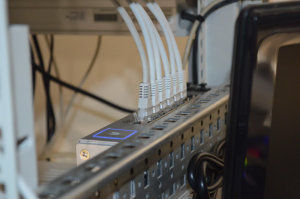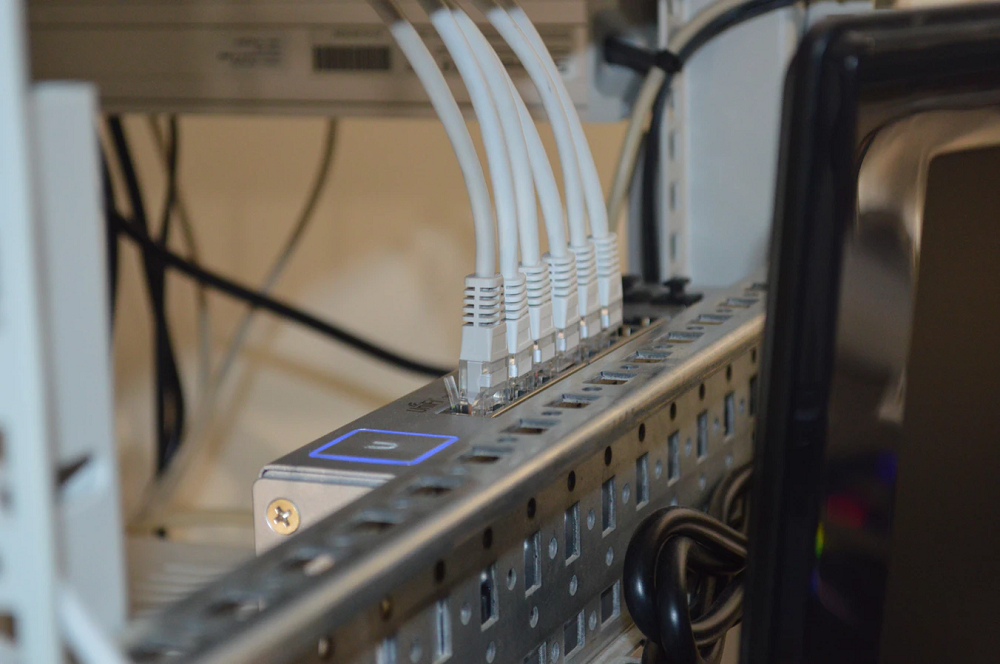
The internet of things (IOT)
The Internet-of-Things (IoT) concept is now well established in industries such as smart homes, smart cars and consumer electronics. IoT does not only mean connecting appliances, gadgets or equipment that we use in our everyday lives, however; it also means bringing advancements to industry, such as bringing trucks, pallets, suppliers and even customers together to communicate with each other and eventually lead to improved productivity.
IoT in supply chains
Supply chains can benefit enormously from IoT solutions, especially in relation to tracking products at all stages, such as warehousing or while in transit. Amongst the most widespread solutions are RFID (radio-frequency identification) and smart labelling, which can be attached to products or even whole pallets to give reliable, up-to-date information on the location of products at any given time.
IoT systems bring additional value for warehousing
Amazon has introduced the concept of robotic warehouse systems, whereby the smart tagging of pallets or whole pallet racking systems can improve efficiency in fulfilling orders by using sophisticated robots to track and collect items.
Amazon has one of the largest networks of warehouses and distribution centres and this technology is expected to become popular in all parts of the world. This also means that companies offering garage shelving in England or elsewhere, such as https://www.garage-shelving.co.uk, will have to be prepared to offer solutions that can fulfil the future needs of warehouse-wide IoT systems.
RFID systems not only help in locating items in a large warehouse but also such sophisticated technologies can provide information on where the product came from and even its expiry date, if applicable. Comprehensive data about any given product at any given time can significantly improve the efficiency and productivity of the whole supply chain system, decreasing the number of potential errors or inaccuracies at the same time.
The warehouse of the future
It is believed that warehouses of the future will eventually be all about automation and integration. Although the functions and processes may sound futuristic, such storage facilities might be set up and spread quickly in the not too distant future, with most of the technology elements already available. These include sensors, RFID systems and even supply chain software, which will need to be integrated into advanced processes.

Leave a reply